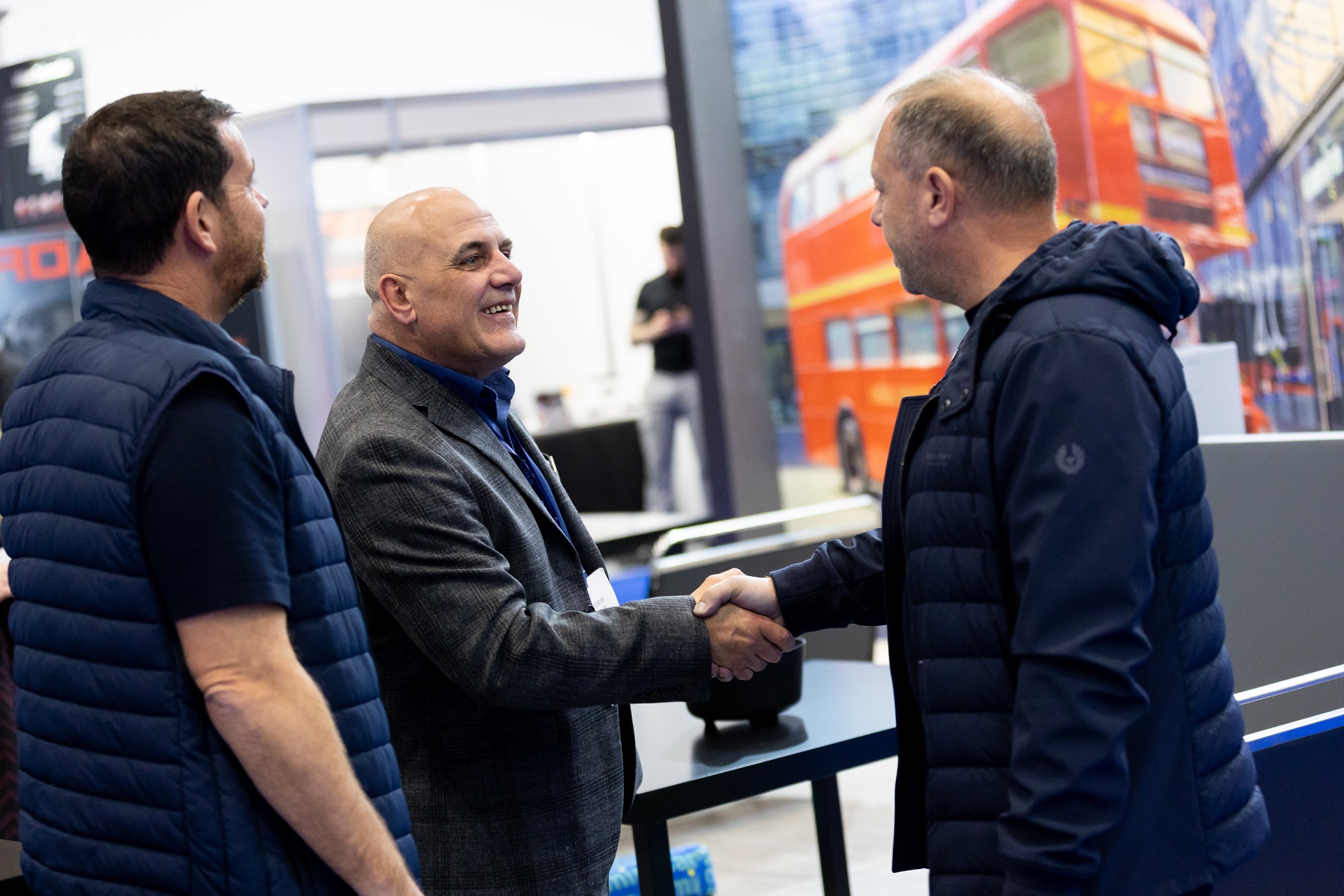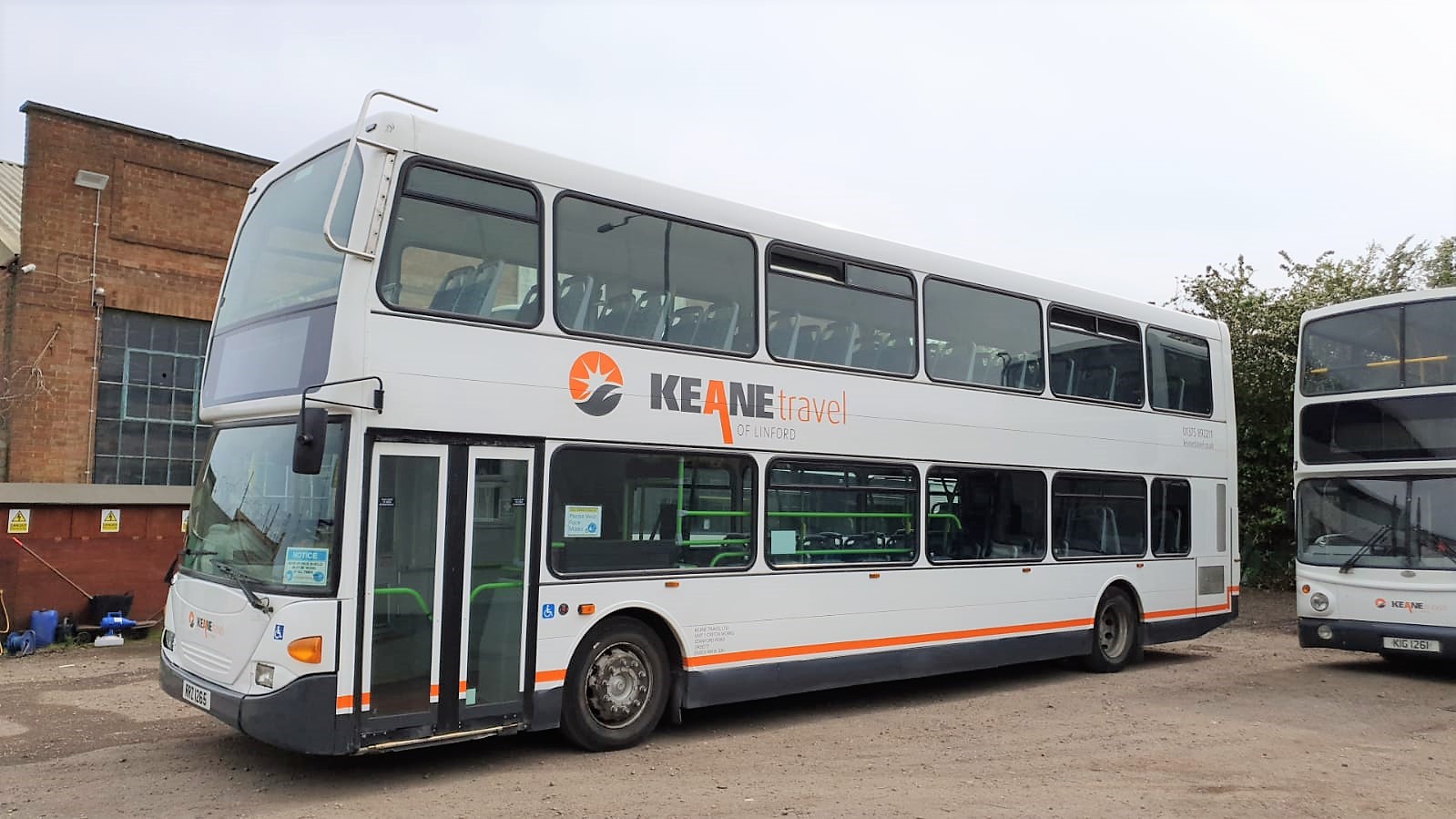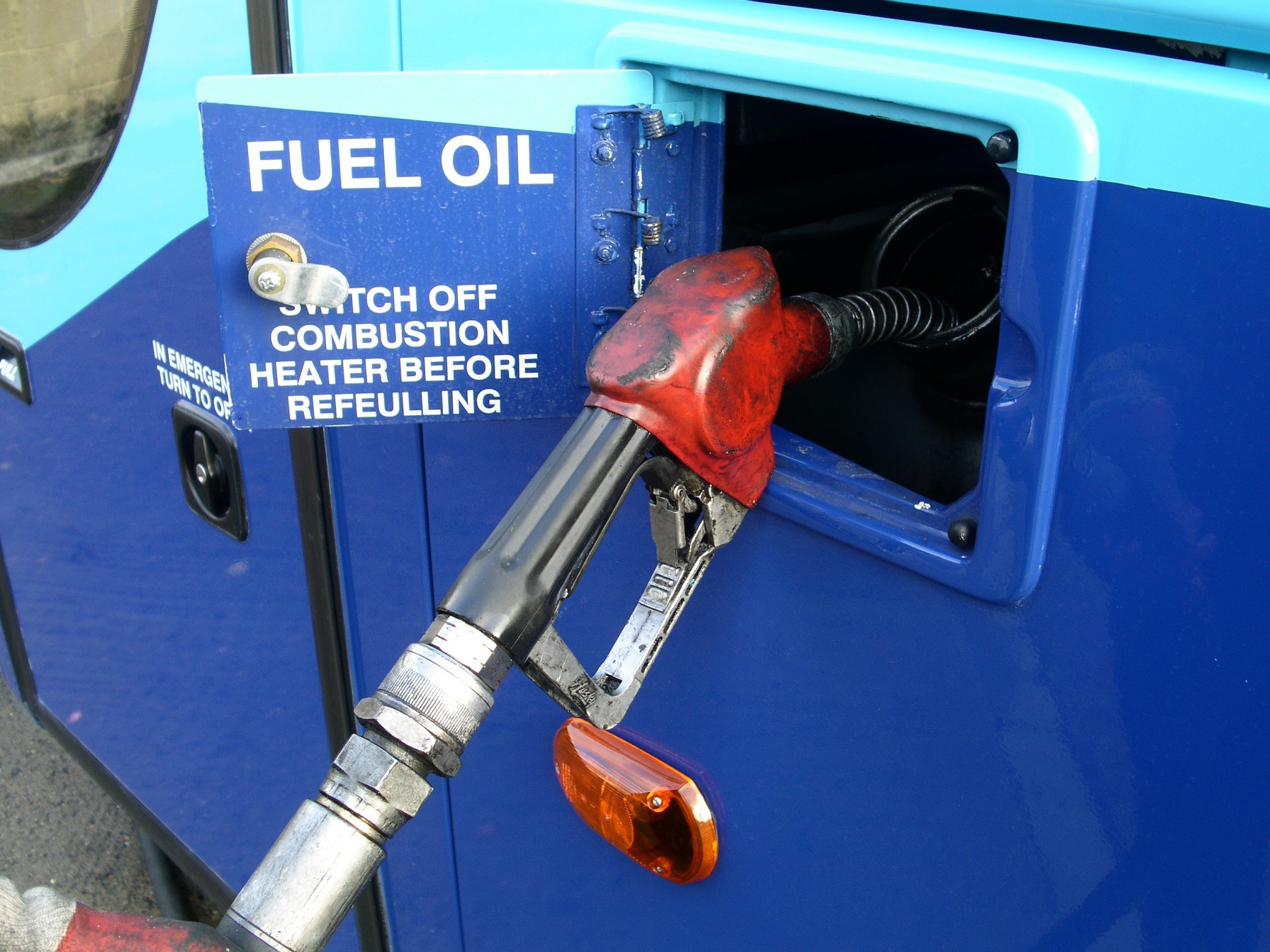As I write this in early December, I reflect on this time last year, when there were COVID-19 restrictions still in place, and the prospect of another restricted Christmas was looking increasingly likely.
12 months on, and while the pandemic itself seems to be behind us, it has left a nasty sting in its tail. That, plus war in Europe and, dare I say it, some of the more unfortunate aspects of Brexit, are having a profound effect on society with shortages, inflation, and strikes.
However, when I read of the aftermath of the Second World War on the UK, with significant shortages and impact on daily life, I realise, without making light of the situation that many are facing at present, that we will get through this, some way or the other – and there is cause for optimism.
The impact on the coach industry has manifested itself in a huge hike in fuel prices, shortage of driving and maintenance staff, and for some operators, the decision to significantly reduce the size and scope of their business – or to close their doors completely.
However, against the odds, many coach operators recorded their best ever summer for work, with schools and colleagues prepared to pay the increased cost to hire coaches for trips that (in the main) had not run for three years. Indeed, such was the demand, some UKCOA members were receiving calls from schools over 50 miles away trying to source coaches. Many educational establishments postponed their trips to the autumn, when supply was better, and that meant coach operators were able to extend their ‘busy’ season.
Some have also ventured into the world of running local bus services, where the established operators, also suffering from the severe shortage of driving staff and low passenger numbers on certain routes, left them no option but to withdraw.
This did not solve all the problems that the coach industry faces, but provided some much needed income for many operators, and started to rebuild on the losses suffered in 2020 and 2021.
There was some movement, too, on PSVAR in April, after three years of much uncertainty for coach operators running home-to-school transport routes and rail replacement services. A set of exemptions were granted that will take us through to mid-2026.
These provide reasonable timescales for operators that, in the main, had neither purchased nor retrofitted a sufficient number of coaches, while also balancing with those that had gotten themselves ready in time for the original deadline at the beginning of 2020.
This was helped by introducing the category of ‘partially compliant’ coaches – that is, excluding the wheelchair lift and destination equipment requirement – something that UKCOA had lobbied for. We await progress with the planned review of PSVAR in 2023 with interest.
Staying with home-to-school transport, concerns with the application of the Bus Open Data Service to ‘closed door’ services increased towards the end of this year, and UKCOA is pleased to announce that this topic will be addressed at the first members’ meeting of the new year, with a guest presenter from the Department for Transport.
Zero-emission technology is another major issue facing the coach industry, but this is being addressed head-on by the trade bodies determined that this will not become another PSVAR issue. The Zero Emission Coach Taskforce chaired by Ian Luckett is gaining traction and with assistance from Zemo Partnership and vehicle manufacturers is smoothing the road on which the industry is travelling.
Finally, with the reappearance of the UK Coach Rally in April, Euro Bus Expo in November, and other events, it felt as though the chance to meet up, network and share life together turned difficulties into challenges – and we are all better equipped to face the future together, whatever it may bring.
To all those involved with the industry, thank you for your support in 2022. I wish you a peaceful and blessed Christmas, and a happy New Year.



























